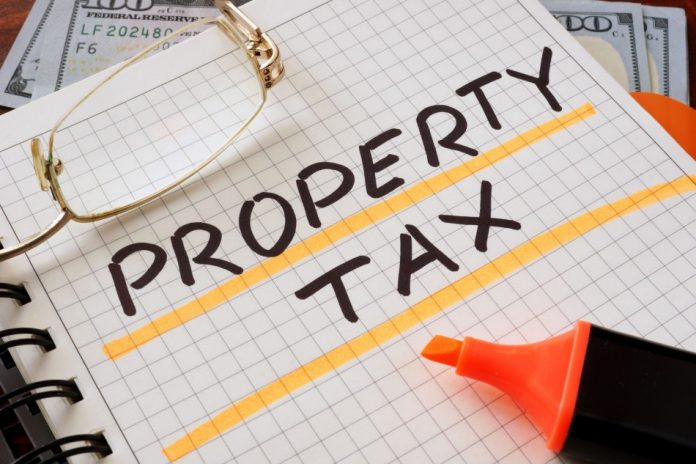The Federal Board of Revenue (FBR) has issued new procedures for developers and builders regarding the collection and payment of Federal Excise Duty (FED) on property allotments and transfers.
The updated rules were introduced through a notification, SRO1376 of 2024, amending the Federal Excise Rules 2005.
The duty collection process requires developers and builders to collect duty at a rate of 3% of the gross amount for commercial property allotments or transfers, and the first allotment or transfer of open plots or residential properties if the buyer is on the active taxpayer list at the time of acquisition.
If the buyer does not file an income tax return by the due date, the duty rate increases to 5%. For buyers not listed as active taxpayers on the acquisition date, the rate is set at 7%.
Developers and builders must remit the collected duty to the federal government on the same day using a computerised payment receipt (CPR) or SWAPS payment receipt (SPR).
A monthly statement is also required to be submitted to the commissioner in accordance with Form B.
In cases where the duty is unpaid or underpaid, the inland revenue officer overseeing the developer or builder will recover the outstanding amount, along with a default surcharge.
However, if it is found that the buyer has already paid the duty, no recovery will be made from the developer or builder, although they will still be liable to pay the default surcharge from the date the duty was due until it was paid.
Under the new guidelines, developers are defined as entities that develop land for residential or commercial purposes and sell plots. This includes housing societies, cooperative societies, development authorities, and other entities engaged in similar activities.
Builders, on the other hand, are entities that construct residential or commercial buildings for sale, also including housing societies, cooperative societies, and development authorities.




